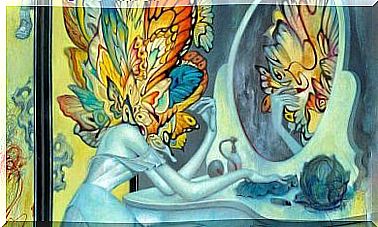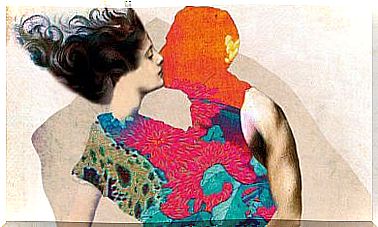Too Much Assumption We Get Lost …

What is happening ? Why did he do that ? What will he do ? If you’re tempted to answer any of these questions with, “Well, I don’t know, but I guess …”, it might be time to read this article.
Assuming has its consequences …
To suppose is to draw hasty conclusions, without even bothering to look for arguments that hold water. To suppose is to seek an explanation and then reinforce it with thoughts and comments.
The problem is that the person who assumes, in general ends up believing in his inventions. But in most cases, she doesn’t even remember why she came to this claim.
So, it is very common that a simple assumption born of an “innocent habit of talking a little too much about others” turns into a false rumor, and, in the end, a lie.
Assuming can ruin a person’s reputation, because even if you insist that it is only your personal opinion and you are not 100% sure, it is very likely that no one is taking it into account. and let the rumor spread.
And because of a very simple and innocent guess, even if you don’t tell anyone what you think, you can still have a distorted and unreal image of someone in your head.
What is it that stirs up these bad thoughts?
Whether the discussion is with another person or with yourself, a lie can quickly happen. You can lie to yourself as well as to others.
Even if we are aware that what is advanced is not certain, the emotions felt at the time of the announcement are difficult to erase. And even if they are erased, the words leave traces and a negative predisposition.
Think about the feelings that these assumptions can generate:
“I’m sure she cheated on him.”
“He must surely mistreat his children.”
“In my opinion he is not sincere. I don’t think he told the truth. ”
Why do we always imagine the worst?
Unfortunately, the majority of our guesses are negative thoughts. Indeed, humans tend to give more importance to bad news.
Why ? One theory claims that this is due to the instant of survival. Because a human pays more attention when we say to him: “this snake is poisonous” than: “what a magnificent sunset!”.
It is like saying that we give more importance to negative things and therefore we give them more credibility. In other words, we are subconsciously predisposed to imagine the worst, especially when we talk about others … All to protect us.
We frequently tend to assume that we are the source of most of the things that happen, that others are supposed to know what we want, or that others will react the same way we do.
None of this reasoning is productive. Making any of these assumptions can be devastating for everyone involved, us first.
Assuming must not replace communication
What if you really care about what someone is doing or why they are doing it? Well it’s very simple: ask him!
Communicating with the person concerned is a hundred times more productive than internal dialogue or with a third party. Because when you assume, you are preventing the person concerned from expressing themselves.
If you have a hard time asking the person directly, you will need to consider whether the question is worth it. If not, wouldn’t it be better to move on?
Assuming doesn’t have to hinder your personal development
Guesses are not always about the actions of others. Indeed, there is another kind of assumption, which can form a huge obstacle in our own path …
When we imagine that we are not going to like something that we have never tried; that we are not able to learn new things; that we will never be able to visit this place of which we dream so much, etc., we build a wall that blocks our way to new experiences.
Sometimes we imagine that some traditions are inevitable and that there is no other way to go. These thoughts stifle our creativity and make us routine and monotonous.
In conclusion, we should at all costs avoid assuming, whether for ourselves, or for others. Let’s check first. Let’s ask for things. Let’s try. Let’s live.









